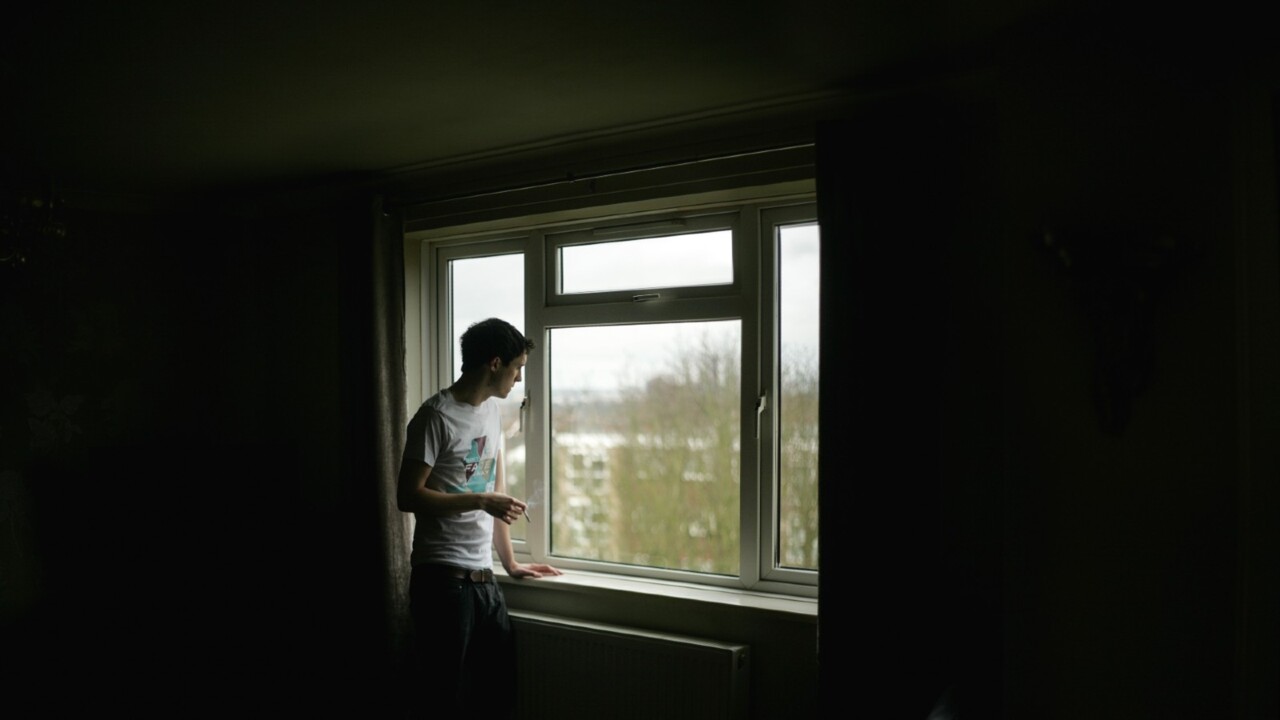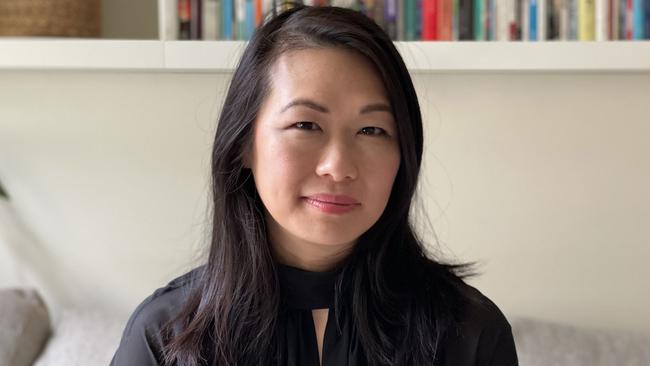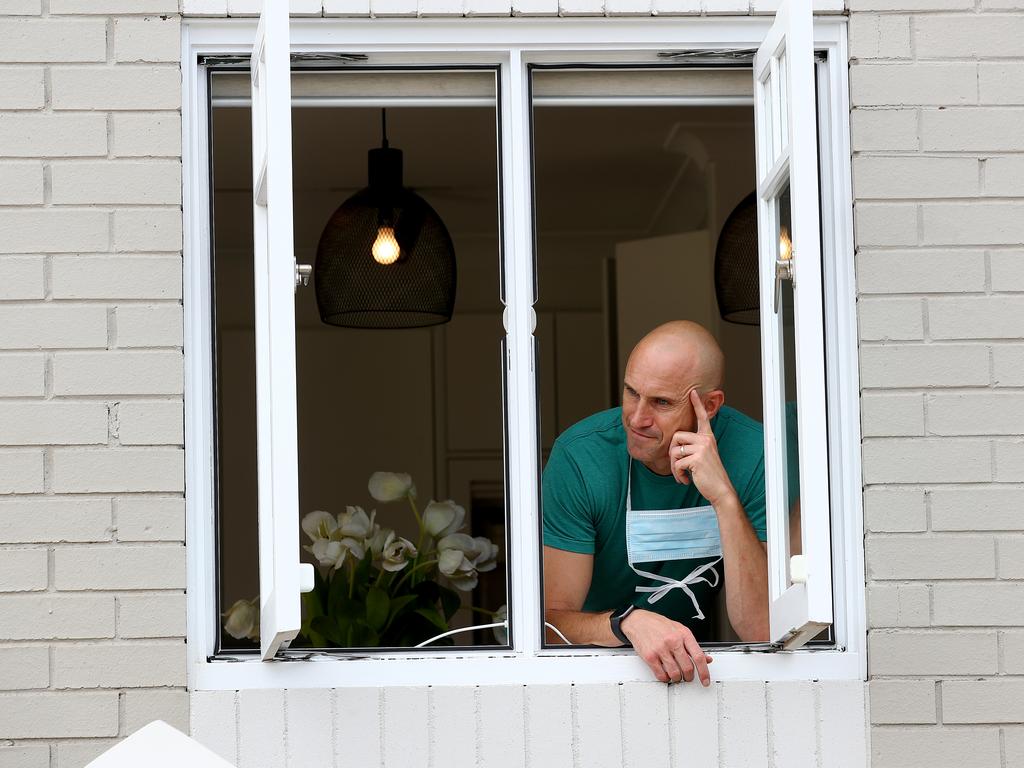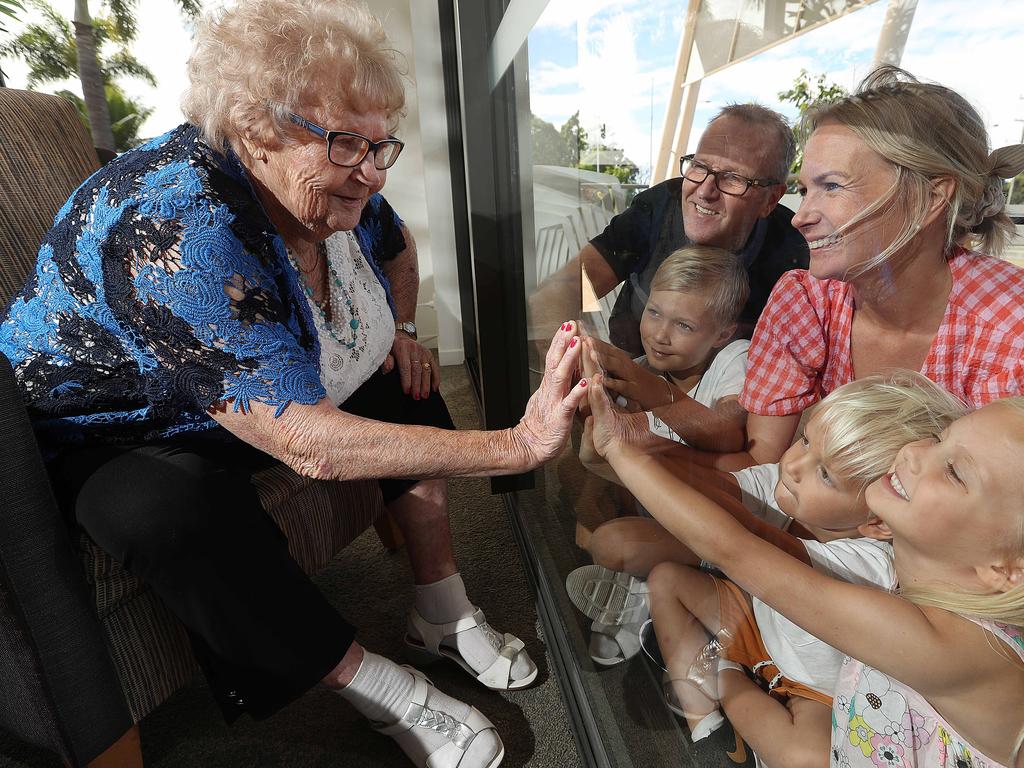One in three Australian adults report being lonely
Young adults and those their late-40s and 50s are hardest hit by loneliness, the inaugural State of the Nation report on loneliness finds.

Ever felt lonely even though you live with your partner or family? You’re not alone. A new study finds loneliness is pervasive in Australia, affecting everyone from those living on their own to those in a house full of people.
The inaugural State of the Nation report into Social Connections reveals almost one in three adult Australians say they are lonely, with one in six reporting severe loneliness.
Based on responses from more than 4,000 people in June and July this year, it finds young adults were the loneliest, followed, somewhat surprisingly, by those in middle age. Almost one in four 18-24 year olds say they often or always feel lonely, while for those aged 45-54 it is almost one in five.
Tasmanians, Queenslanders and those living in the ACT reported the highest levels of loneliness, while those in the Northern Territory were the least lonely, the report finds.
The study, to be presented to the bipartisan Parliamentary Friends of Ending Loneliness in Canberra on Monday, confirms loneliness is associated with lower workplace productivity, poor physical and mental health and chronic disease.
Loneliness is defined as “a subjective unpleasant or distressing feeling of a lack of connection to other people, along with a desire for more, or more satisfying, social relationships,” with severity of loneliness determined by validated psychometric testing.
Around a quarter of all households in Australia are now single person households, the latest Census data shows, but the report finds significant proportions of people living with others nevertheless identify as lonely. Almost one in four people who live with their partners said they were lonely, as did one in three living with their immediate family.

“We cannot assume we know who is lonely and who is not,” report author and scientific chair of advocacy group Ending Loneliness Together Michelle Lim said. “While being alone or socially isolated can predispose us to feel lonely, you don’t have to be alone to feel lonely.
“It’s telling that one in four people living with their partner say they feel lonely,” Dr Lim said. “In those circumstances a partner might be present, but might not be giving you what you need emotionally, so you may feel lonely within the relationship.”
Brisbane-based photographer Edwina Robertson, 38, has a busy career running her small business and a close group of friends, but admits loneliness is something she battles.
When she posted about her feelings on Instagram, Ms Robertson thought some of her followers who were single, like her, might identify with her. But the responses came from everywhere – single, married, without kids, with kids.
“People were saying ‘I have a great husband, lovely kids, a good job but I still feel lonely,” she said.
Ms Robertson said that living in a big apartment block and going to the gym or golf club means there are ample people in her life, but she said it is more about intimacy.
“It’s that lack of a deep, intimate connection, of being vulnerable with someone, which is a biological need in humans I think. That is what I feel I’m missing.”
The key, she says, is to recognise the feeling, which for her comes a couple of times a month, and act “rather than hoping they will dissipate because they often don’t”.
“I‘ll go to the local coffee shop even though I don’t drink coffee and have a cup of tea, just for the interaction. Or I’ll book a group class at the gym which means I’m more likely to talk to someone.”

Dr Lim said she was surprised by the extent of loneliness among those in middle age.
“This is a very emotional time for people, with career transitions, possibly relationship transitions, the stresses of parenting or caring for elderly parents,” she said. “This may leave people with a lack of time to nurture meaningful connections outside their family.”
The report notes there is still significant stigma associated with loneliness, with 58 per cent of those who report feeling lonely saying they don’t talk to others about it, and one in three saying they feel ashamed about being lonely.
There is also a range of misconceptions about loneliness, including half of Australians thinking people would be less lonely if they “knew more people.”
“It’s nowhere near that simple,” Dr Lim said. “In fact given the impact of loneliness on productivity and mental health, it is a wicket policy problem that merits more thinking.”
“For instance, we need to be thinking about how young people are being supported to transition from school into the next phase of their life, which could be study, work, moving out.
“These are really big steps but we don’t teach them the skills to manage that transition or to nurture relationships over that time,” she said.







To join the conversation, please log in. Don't have an account? Register
Join the conversation, you are commenting as Logout